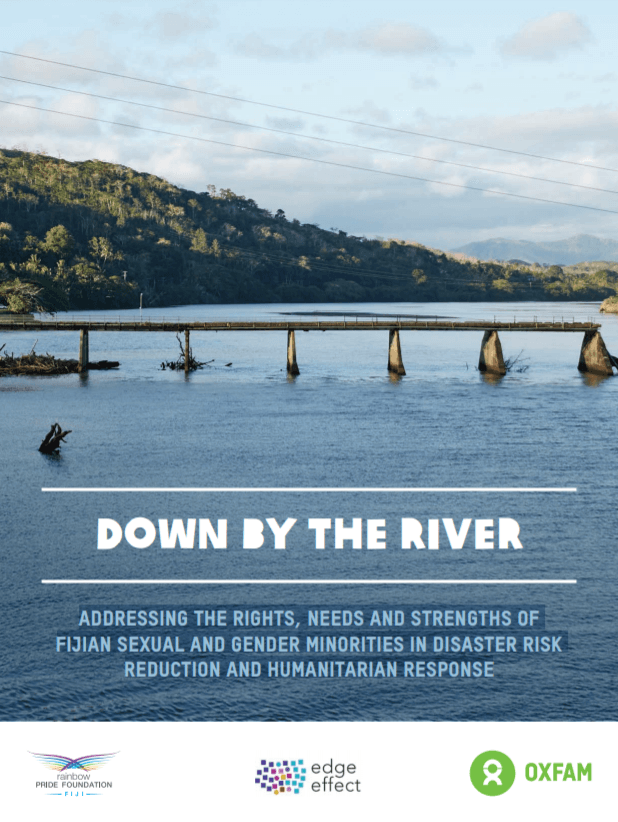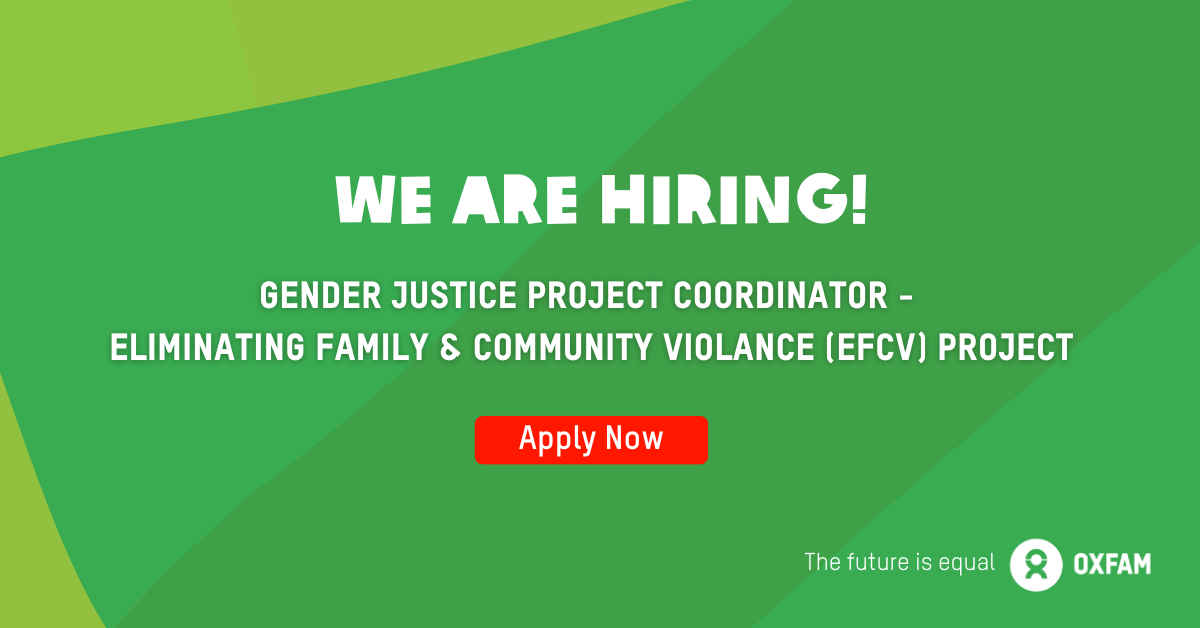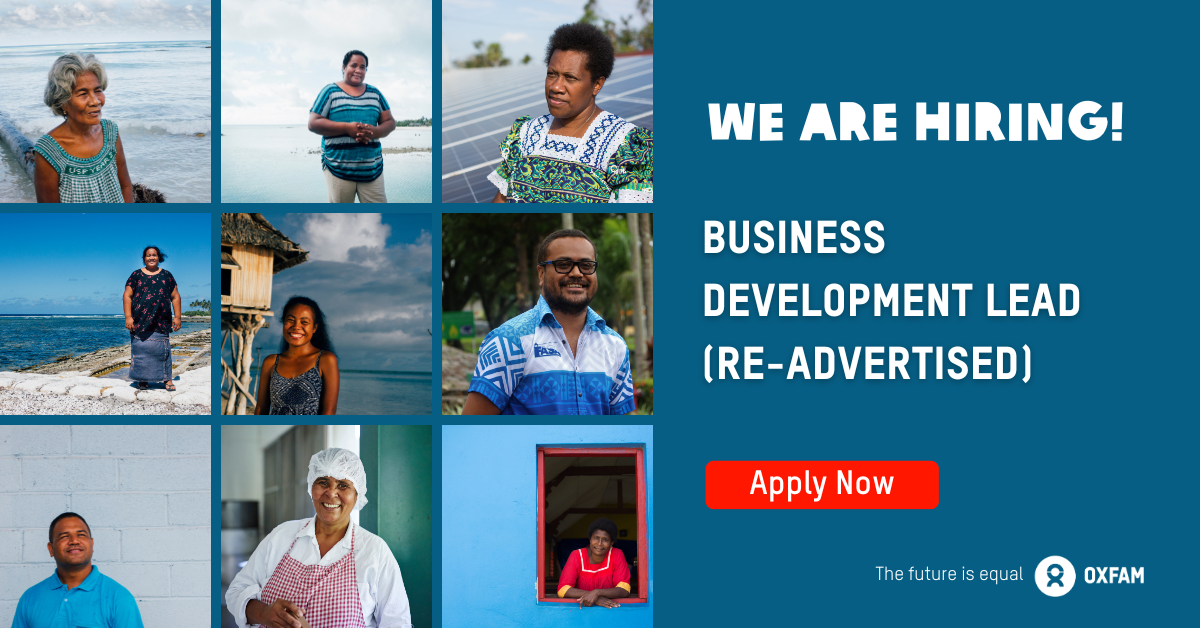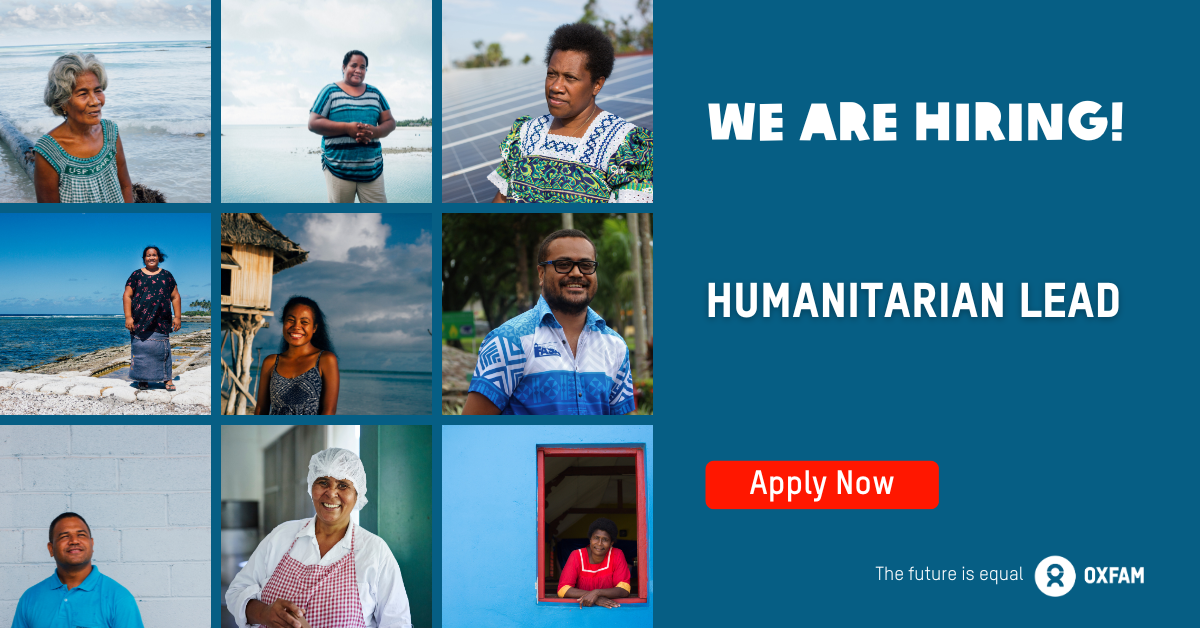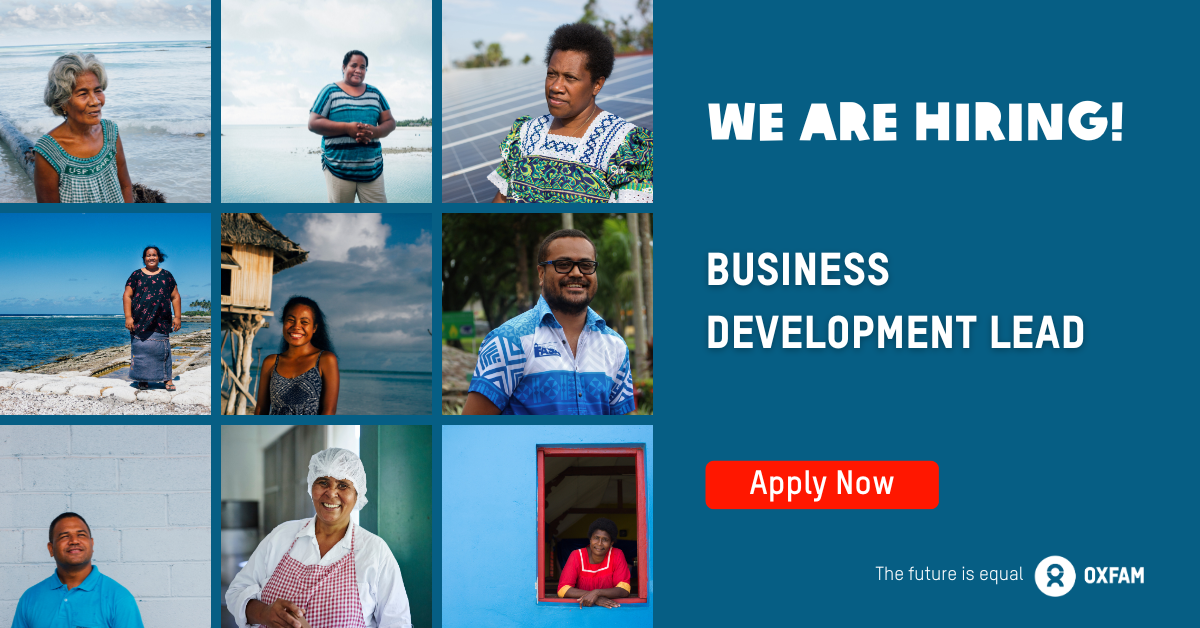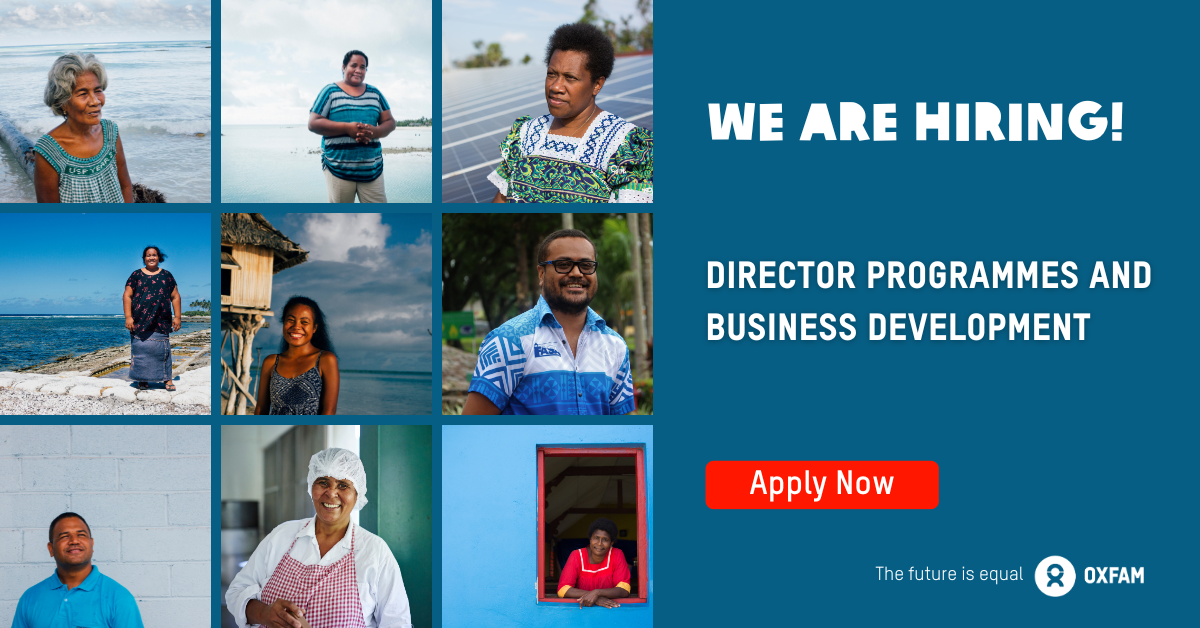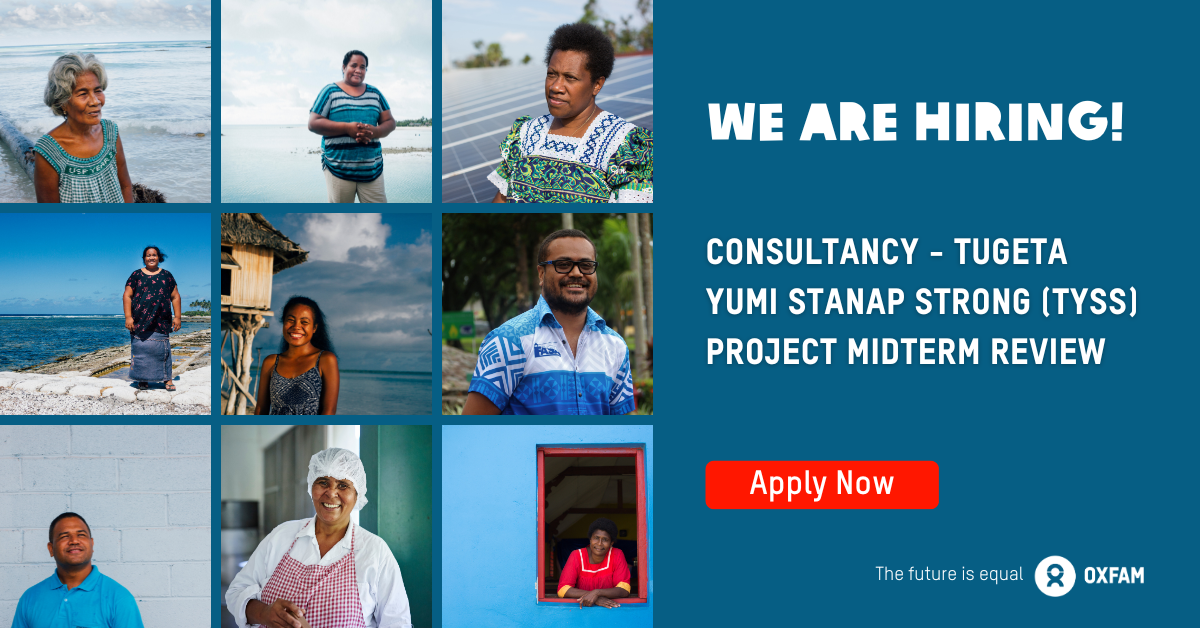Addressing the Rights, Needs and Strengths of Fijian Sexual and Gender Minorities in Disaster Risk Reduction and Humanitarian Response
On a sunny day in Lautoka, around 20 Fijian sexual and gender minority members met to share their stories. One attended in defiance of threats from her family. For another, it was the very first time she was at a workshop with other sexual and gender minority members. Another was not on the invitation list but heard about the workshop from a friend, and had a story to tell. They all had stories to tell; stories that disaster risk reduction and humanitarian actors need to hear.
This community-mapping, story-sharing and traditional talanoa session was one of three held with sexual and gender minority Fijians in May 2017 as part of the Down By The River project. Researchers and participants gathered to hear stories of life, both before and after Tropical Cyclone Winston devastated parts of Fiji in February 2016. Stories told how discrimination in everyday life creates vulnerability before disasters; about the challenges they faced as sexual and gender minorities in surviving and recovering from TC Winston; and about the strength that they draw upon from each other.
The 30 stories shared in the Down By The River sessions join a small but growing literature charting experiences of sexual and gender minorities in disaster contexts. The stories included in this report are Fijian and specific, but the themes resonate with the experiences of sexual and gender minorities in disasters in Indonesia, India, Haiti, Samoa, the Philippines, Pakistan and elsewhere: that of violence, trauma, isolation, insecurity, exclusion, and solidarity.
This Down By The River report relays the priorities shared by Fijian sexual and gender minorities through their stories, and offers reflections from a workshop with Fijian disaster risk reduction (DRR) and humanitarian actors. Although Down By The River was a relatively short project, it provides guidance for substantive steps toward inclusion of sexual and gender minorities in DRR and humanitarian programs. And it challenges government, organisations and individuals to interrogate underlying heteronormative, cisnormative and binary assumptions that exclude sexual and gender minorities, and that make specific inclusion measures necessary.
Violence and discrimination on the basis of sexual orientation, gender identity and/or expression, or sex characteristics is now recognised within global human rights bodies as violations of human rights. For rights-based and needs-based development and humanitarian actors there is now urgency to address the rights, needs, and strengths of sexual and gender minorities in DRR and humanitarian frameworks, policies, and practice.
However there are hurdles for development and humanitarian actors to overcome. Many have limited experience working with sexual and gender minorities. They may have some trepidation about how to begin, or may need to undertake challenging internal organisational conversations before engaging. They may need to develop new organisational capacity, but will find little guidance if they look to global, regional or national policy or good practice resources. They may work in countries or communities where criminalisation or systemic marginalisation of sexual and gender minorities adds further complications. They may lack connections with relevant local organisations or networks. Some staff may chafe at the addition of another group to an already long list of affected communities with specific needs to be met during emergency conditions.
There is some risk that these challenges and the laudable urge to ‘do no harm’ may result in little support for sexual and gender minorities in emergencies. However in this context, doing little or nothing, also constitutes harm.
Down By The River prioritises the stories shared by Fijian sexual and gender minorities, as their stories cut through the jargon of the development and humanitarian sectors, challenge our assumptions or beliefs, and provide us with an opportunity to connect as humans. Their stories also speak of strengths, and serve as a reminder that affected people should be at the heart of decision-making and projects that seek to address their needs. It is time to listen, engage and work together to address their concerns.

